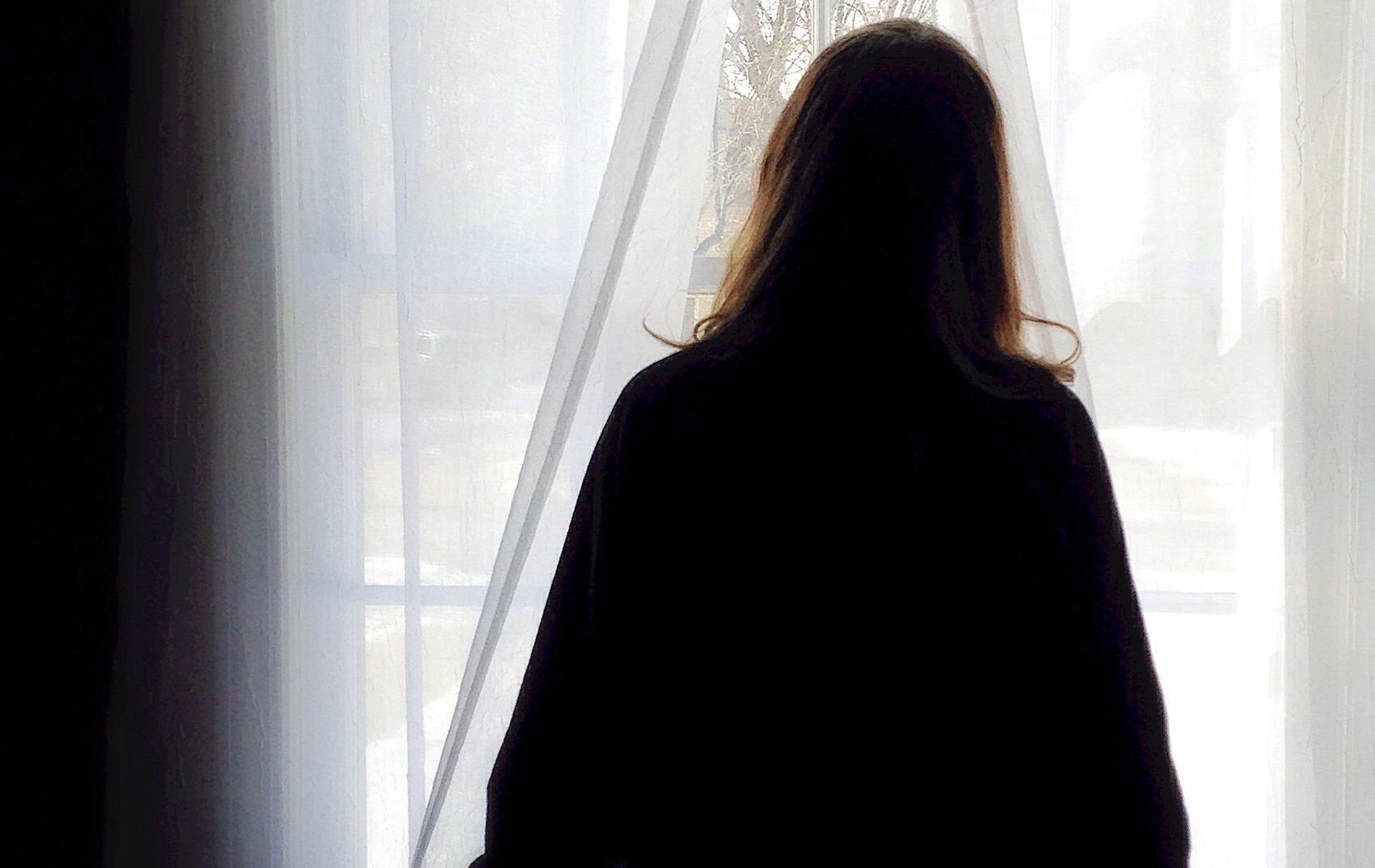
With more than 200 deaths in the UK since 2015, the rise in counterfeit Xanax is a growing problem.
For decades, they’ve lined the bathroom cabinets of average Americans, used as a go-to treatment for anxiety and panic attacks brought about by anything from a fear of flying to undergoing an MRI.
And yet, despite how widespread it is in the United States, Xanax (the most common trade name for alprazolam, a class of benzodiazepines similar to the kind found in sleeping pills) isn’t prescribed by the NHS and hasn’t been readily available in the UK – until now.
It may be illegal, but the rise of black market websites selling counterfeit pills for as little as 89p has made this highly addictive drug easier to get hold of than ever. And British teenagers are becoming the key consumers.
A deadly business
But it’s not just the addictiveness of Xanax that’s a serious problem. With no regulation, Xanax copies have been linked to hundreds of deaths in the UK since 2015.
And, despite many of the fake tablets being made right here in Britain, policing the sites selling the counterfeit drug is near impossible.
What’s more, sourcing it is as easy as swiping right or clicking a mouse, as BBC Three presenter Livvy Haydock discovers in her new investigative programme Inside Britain’s Black Market: Who’s Selling Fake Stuff?
Parenting advice, hot topics, best buys and family finance tips delivered straight to your inbox.
Due to air on Monday 25 February, the documentary delves into the world of online pharmaceuticals, as Livvy meets the manufacturers and consumers involved in the illegal trade.
For one woman, whose teenage daughter revealed she was addicted to counterfeit Xanax, it’s a situation that’s sadly all too familiar…

‘Why hadn’t we noticed it before?’
Sarah*, 49, lives in London. This is her story:
Watching as Issy* moved around the house, she seemed happier and calmer than she had for a while.
Our teenage daughter had suffered with anxiety and depression since the age of 13, and most mums would be thrilled to see their child in such a happy mood.
But I couldn’t help thinking it was cause for concern. I knew Issy had been taking her prescribed medication, but she had also lost weight rapidly, which led my mind to another possibility – she was using other drugs.
As a parent, I’d always tried to be pragmatic with Issy about drugs. We discussed the dangers, and how you can never really know what you’re taking.
She was on antidepressants, but being a teenager, I suspected that some day she was bound to experiment. I trusted that if she was ever in trouble she’d talk to me.
Asking for help
In the summer of 2017, I noticed Issy becoming a lot more withdrawn, often disappearing to her bedroom in the evenings, and constantly tapping away on her mobile phone.
I noticed her losing weight, too. She’d always been slim but now she was looking thinner than ever. Still, everything else seemed normal, and yet I couldn’t shake this feeling.
In September 2017, Issy, then 16, appeared at the living room door, her expression drawn and serious.
‘Mum, I’ve got something to tell you,’ she began, her voice dull and emotionless. ‘I’ve been taking Xanax from the internet but I think I’m starting to get dependent on it.’
I knew that Xanax was a prescription pill, famed for helping with anxiety and depression. But I also knew it wasn’t one of her prescribed medications.
Whatever she’d been taking, purchased online, could potentially be a concoction of who-knows-what. My heart thumped as she continued.
‘I’m not going to let myself become addicted. I want to stop using it but I’m going to need your help and support,’ she said.
My husband and I glanced at each other, the worry and concern clear in both our eyes. Why hadn’t we noticed it before? We knew she was struggling but
I don’t think either of us could quite understand the lengths she was willing to go to make herself feel better.
Read more: The number of children treated for Xanax addiction has doubled
We never yelled, never blamed her or told her off – she was our daughter and she’d come to us for help, and she was going to get it.
We talked about what was best, and we agreed that for Issy to quit these pills, she needed our undivided support.
Although it was difficult to see Issy go through the symptoms of withdrawal, getting very low and upset, we chatted to her about it regularly.
Over time, bit by bit, I learnt more about how she’d become addicted in the first place. It had started with one pill at a party back in the summer.
‘A boy brought them along,’ she explained.‘Everyone was trying them.’ Taking a pill, Issy said she instantly felt calm as her anxieties melted away. That was until the pill wore off. So she started looking into getting some for herself.
A quick Google search gave her thousands of legitimate-looking websites with easy checkout and offers.
It took a few months to realise I was becoming dependent,’ she said. ‘Whenever I felt anxious or depressed, I’d just pop another pill. It was the only thing getting me through the day, and that scared me.’
And that’s when you came to us?’ I asked her. She simply nodded.
Tackling it together
She explained that the biggest worry for coming off the pills wasn’t that she’d have withdrawal or any number of other side effects, it was having to face that darkness alone again that terrified her most.
But I promised that would never be the case. We all rallied around to help. Now 18, she’s back on regulated medication for her depression.
Although she still has low days, we face them together. It terrifies me to think what might have happened if she hadn’t had the courage to come to us for help.
'These sites are completely unregulated, and the substances in counterfeit Xanax are completely unknown. I’d urge parents to be vigilant about what their children are doing online. These sites are accidents waiting to happen.

Getty Images
Don’t ignore the signs
1 Start the conversation
By opening a discussion, you can influence how your child thinks about drugs and ensure they’re properly informed. Visit a national drugs website like www.talktofrank.com before sitting down with them, to be sure you have all the facts.
2 Set up parental internet controls
The NSPCC website has step-by-step information on how to set up parental controls on every type of device, so you can filter harmful content and keep tabs on what they’re viewing online.
3 Pay attention to their behaviour
A drop in grades, moodchanges and an altered appearance are all signs that children are under pressure .In a non-accusatory manner, try to discuss what the underlying problem might be.
4 Get some help
The parenting charity Family Lives can help you work out how to talk with your children and even coach you on ways of beginning a chat. Call them free on 0808 800 2222or visit familylives.org.uk.
Watch Inside Britain’s Black Market: Who’ s Selling Fake Stuff? is on BBC Three Online from 25 February
This article was first published in Woman's Own